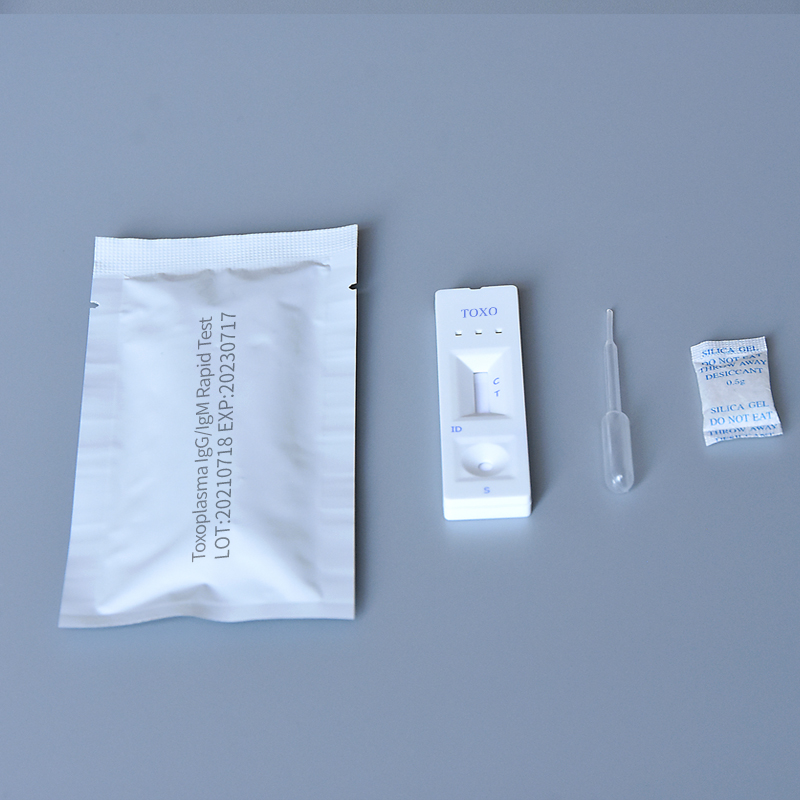Aug . 13, 2024 15:47 Back to list
Explore Reliable Manufacturers for Purchasing Syphilis Test Kits Effectively and Affordably Online
The Importance of Syphilis Testing and the Role of Manufacturers
Syphilis, a sexually transmitted infection caused by the bacteria Treponema pallidum, has seen a resurgence in recent years, sparking urgent calls for increased testing and awareness. With the rising rates of this once-declining infection, the role of syphilis test manufacturers has become ever more crucial in the fight against this public health challenge.
Understanding Syphilis Testing
Syphilis testing is essential for diagnosing this infection, particularly because many individuals may be asymptomatic during the early stages. Detecting syphilis through blood tests or direct examination of sores enables healthcare providers to initiate treatment promptly, reducing the risk of complications and transmission to others. Testing is particularly vital for high-risk populations, including men who have sex with men (MSM), individuals with multiple sexual partners, and pregnant women, as untreated syphilis can lead to severe health issues and adverse pregnancy outcomes.
The Role of Manufacturers
Manufacturers of syphilis tests play a critical role in ensuring the availability and accessibility of reliable testing options. They produce a range of test kits, including rapid diagnostic tests, serological tests, and traditional assay methods, each varying in their sensitivity, specificity, and turnaround time.
1. Innovation in Testing Many manufacturers are at the forefront of innovation, developing tests that offer quicker results, higher accuracy, and ease of use. For example, rapid tests that can yield results within 15 minutes are particularly valuable in urgent care settings and outreach programs, allowing for immediate diagnosis and treatment initiation.
2. Affordability and Accessibility Manufacturers are also working towards making syphilis tests more affordable and widely accessible. By reducing costs and enhancing the distribution of test kits, manufacturers can support public health initiatives, especially in low-resource settings where healthcare infrastructure may be limited.
buy syphilis test manufacturers

3. Quality Control and Compliance The credibility of syphilis tests is paramount. Manufacturers are required to adhere to rigorous regulatory standards to ensure quality and reliability. This compliance guarantees that healthcare providers can trust the tests, leading to more accurate diagnoses and treatment strategies.
Collaboration with Public Health Entities
Manufacturers often collaborate with public health organizations, government agencies, and non-profits to implement effective testing programs. This partnership helps to mitigate the spread of syphilis by facilitating outreach, education, and testing in communities that are disproportionately affected or less likely to seek care.
The Future of Syphilis Testing
The future of syphilis testing looks promising, with advancements in technology paving the way for even more effective diagnostics. Innovations such as point-of-care testing, which enables testing in non-laboratory settings, are particularly exciting. Furthermore, the integration of syphilis testing into routine sexual health check-ups may help normalize the conversation around sexually transmitted infections and encourage more individuals to get tested regularly.
Conclusion
In a world where syphilis rates are climbing, the importance of effective testing cannot be overstated. Manufacturers of syphilis tests are playing a pivotal role in this public health fight through their commitment to innovation, affordability, and quality. By ensuring accessible and reliable testing solutions, these manufacturers help healthcare providers combat the resurgence of syphilis, ultimately protecting individual health and public well-being. As we move forward, it is vital for stakeholders—manufacturers, healthcare providers, and public health officials—to work together to enhance syphilis testing and prevention strategies, ensuring a healthier future for all.
-
Malaria Pf Ag Rapid Test Kit - Quick & Accurate Detection
NewsAug.11,2025
-
Accurate Cardiac Marker CK-MB Rapid Test for Quick Results
NewsAug.10,2025
-
Premium Empty ABS Plastic Cassette for Test Strips
NewsAug.09,2025
-
Sterile Urine Cup: Accurate Specimen Collection for Labs & Home
NewsAug.08,2025
-
Malaria Pf/Pan Ag Rapid Test Kit for Fast, Accurate Diagnosis
NewsAug.07,2025
-
Rapid Canine Corona Test: Fast & Accurate Results
NewsAug.06,2025

